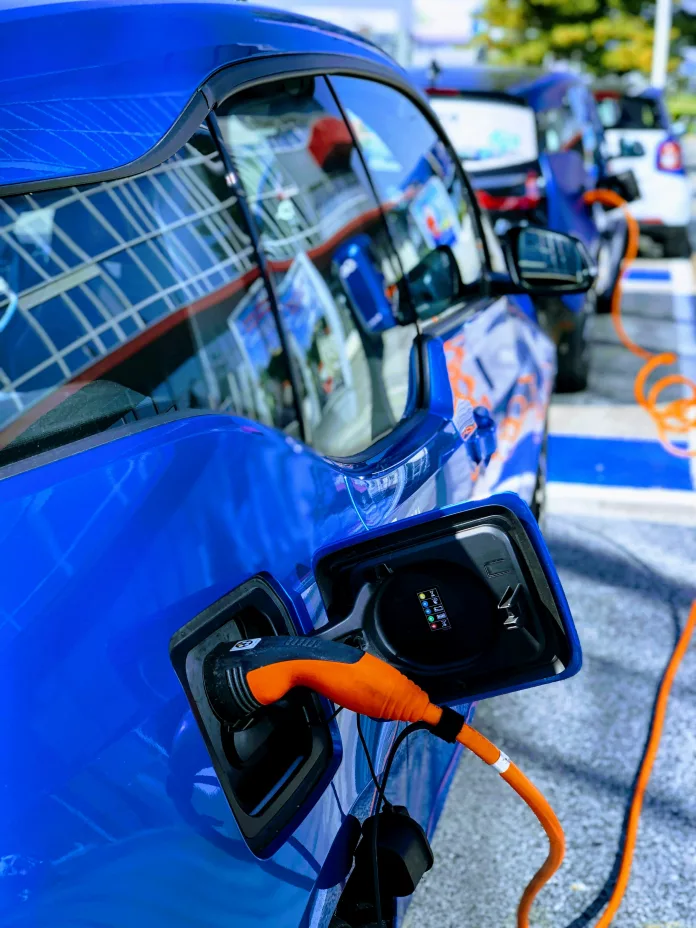In a fervent appeal to the White House, Senator Sherrod Brown of Ohio has raised alarms about the imminent threat posed by Chinese electric vehicle (EV) imports to the U.S. auto sector. His concerns highlight the potential economic and security implications of allowing such vehicles onto U.S. soil.
The Risks of Chinese EVs to U.S. Auto Industry
Brown articulates the severity of the issue, asserting that Chinese government-subsidized EVs not only jeopardize American jobs but also national and economic security. He urges immediate action from the administration to preclude these imports and safeguard the domestic market.
A Counter Perspective from Chinese Automakers
Nonetheless, voices from the Chinese auto industry paint a different picture. William Li, the founder of Nio, has promoted the view that China’s EV market thrives on openness and competition, fostering an environment where various global brands can compete fairly.
Amidst divergent views on the competitive landscape, Senator Brown remains skeptical, accentuating the Chinese government’s entrenched role in its automakers’ affairs. This, he argues, presents a stark contrast to the competitive ethos purported by the Chinese Association of Automobile Manufacturers.
BYD’s Growing Ambitions and Price Advantage
Meanwhile, BYD, a leading player in China’s EV market, has announced ambitious sales targets. Their cost-effective models, like the Seagull hatchback, are comparably cheaper than any EV available in the U.S., sparking concerns over the impact such pricing could have on the American auto industry.
Nio’s Potential U.S. Market Entry
Further stirring the waters, Nio is considering entering the U.S. market with its own premium-priced EV offerings. A comparison with Tesla’s sales figures underscores the potential challenge they may pose to other premium EV manufacturers.
European Market and Risks of Chinese EV Imports
Across the Atlantic, the European market has also felt the influence of Chinese produced EVs, which further underscores the global challenge to Western automaker dominance.
The Debate Over Tariffs and Trade Measures
The argument against Chinese EVs extends into discussions about tariffs and trade protections. Brown underlines the inadequacy of current tariff measures in leveling the playing field, considering the significant price disparities resulting from Chinese subsidies.
Fallout for American Workers and Industry
Senator Brown argues that the well-being of American autoworkers and their communities hangs in the balance as the specter of Chinese EV imports looms. He believes strict measures are necessary to pre-empt an industry upheaval.
Administration’s Stance on Chinese EV Imports
A recent investigation by the Biden-Harris administration into the national security risks of Chinese EV imports reflects a shared concern for the U.S. auto industry’s integrity and the data privacy implications of connected car technologies.
Biden’s stance on protecting the U.S. auto market from unfair competition mirrors Senator Brown’s apprehensions, with a common thread focusing on the potential national security risks associated with the integration of Chinese EV technology into the U.S. infrastructure.
The debate brought forth by Senator Brown lays bare the complexities of balancing free trade and competition with national industrial security and the protection of domestic jobs. As the U.S. navigates these tensions, the outcome will have lasting implications for the future of the global auto industry.


























